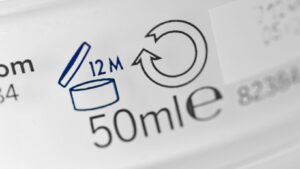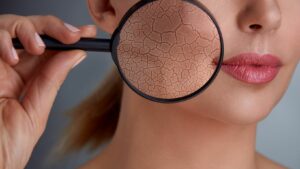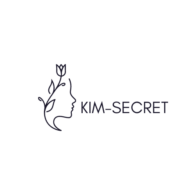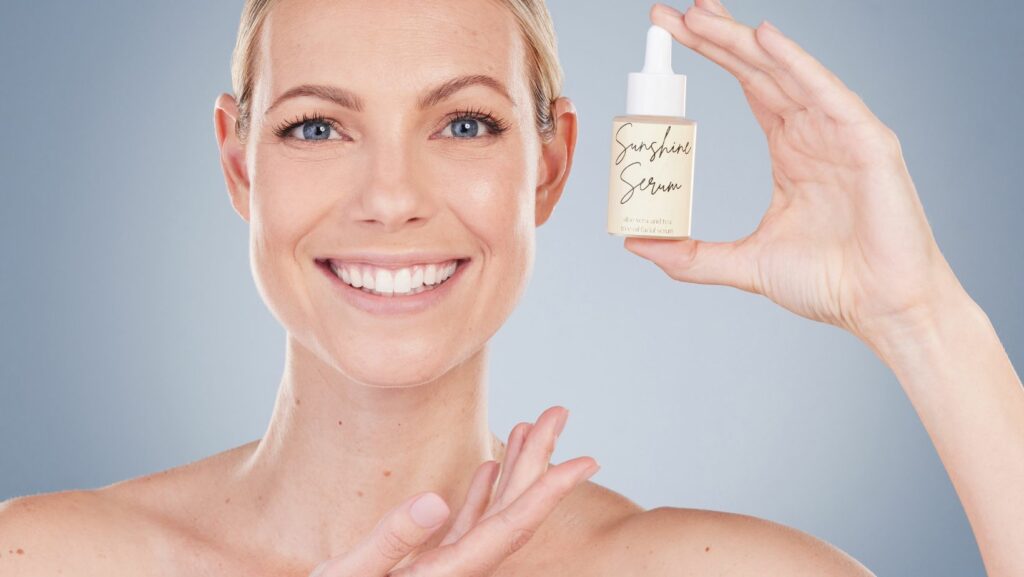Ever found an old bottle of your favorite moisturizer at the back of your vanity drawer and wondered if it’s still good to use? You’re not alone. The question of whether skincare products expire is one that puzzles many.
Like food, skincare products don’t last forever. They lose their effectiveness over time and can even become harmful. But how can you tell when it’s time to toss them out? In this article, we’ll delve into the world of skincare shelf life, exploring the factors that influence it and how to identify expired products.
Does Skincare Expire

Deciphering skincare product labels aids in determining their shelf life. Consumers often overlook a crucial symbol: the period-after-opening (PAO) mark. Displayed as an open jar symbol with a number, it represents the number of months the product remains effective after opening. For instance, a notation “12M” implies the product’s efficacy for 12 months post-opening.
Aside from the PAO, batch codes provide another layer of product information. Manufacturers use these alphanumeric sequences for tracing and quality control. In terms of expiration, resources like online batch code checkers can pinpoint the production date.
By understanding these product label elements, consumers ensure appropriate usage of skincare products. This knowledge mitigates the risks of applying expired or degraded products, reinforcing a safe and effective skincare routine.
Shelf-Life of Different Skincare Products

Diving deeper, the shelf-life varies across the richness of skincare products. For instance, face cleansers typically last around 12 months, confirming the value of frequent usage. On the other hand, moisturizers possess a life span between one to two years, offering flexibility for daily application. Next in line, toners represent longevity, serving for about six months to a year post cracking open. Serums, containing active ingredients, spotlight a shorter span around six to nine months, imposing strict adherence to usage.
Lastly, SPF products follow a straightforward rule, providing efficacy for up to 12 months. After 12 months, effectiveness depreciates, instigating a replacement strategy. Remember, the increase in product shelf life happens by storing these skincare items in cool, dark places, away from direct sunlight. To reinforce product quality, the usage of clean hands for application remains essential, reducing the chance of bacterial intervention.
By learning the shelf-life of different skincare products, consumers can maximize their efficiency and ensure skincare safety.
How to Identify If Your Skincare Product Has Expired

Detecting signs of skincare product expiration demands attention. One obvious sign of expiration is a change in texture. Creams can separate, producing a noticeable thick layer atop the substance. They become lumpy and no longer apply smoothly. Another indication of a product past its prime exhibits through changes in color. For example, clear or white serums may turn yellow or cloudy.
Off-putting smell signifies expiration, particularly with perfumed products. Consumers must also monitor for signals of irritation after using the product, as they can suggest changes in formula integrity. Finally, recognizing a decrease in product efficacy, like a moisturizer that fails to hydrate or a toner that doesn’t help balance skin pH, can point towards product spoilage.
Notably, an opened product, even within its PAO, can be compromised when kept in warm places or exposed to sunlight. For such instances, monitoring for the aforementioned signs helps ensure skin health and product effectiveness.
The Risks of Using Expired Skincare Products
It’s clear that using expired skincare products can pose a threat to your skin’s health and the product’s effectiveness. The shelf life of items like face cleansers, moisturizers, toners, serums, and SPF products is influenced by various factors and can be identified through changes in texture, color, and smell. Even within the period-after-opening mark, exposure to warm places or sunlight can compromise the product. It’s crucial to understand product labels, monitor for signs of expiration, and ensure proper storage and clean application. So, don’t risk it. Stay informed, be vigilant, and keep your skincare routine safe and effective.

